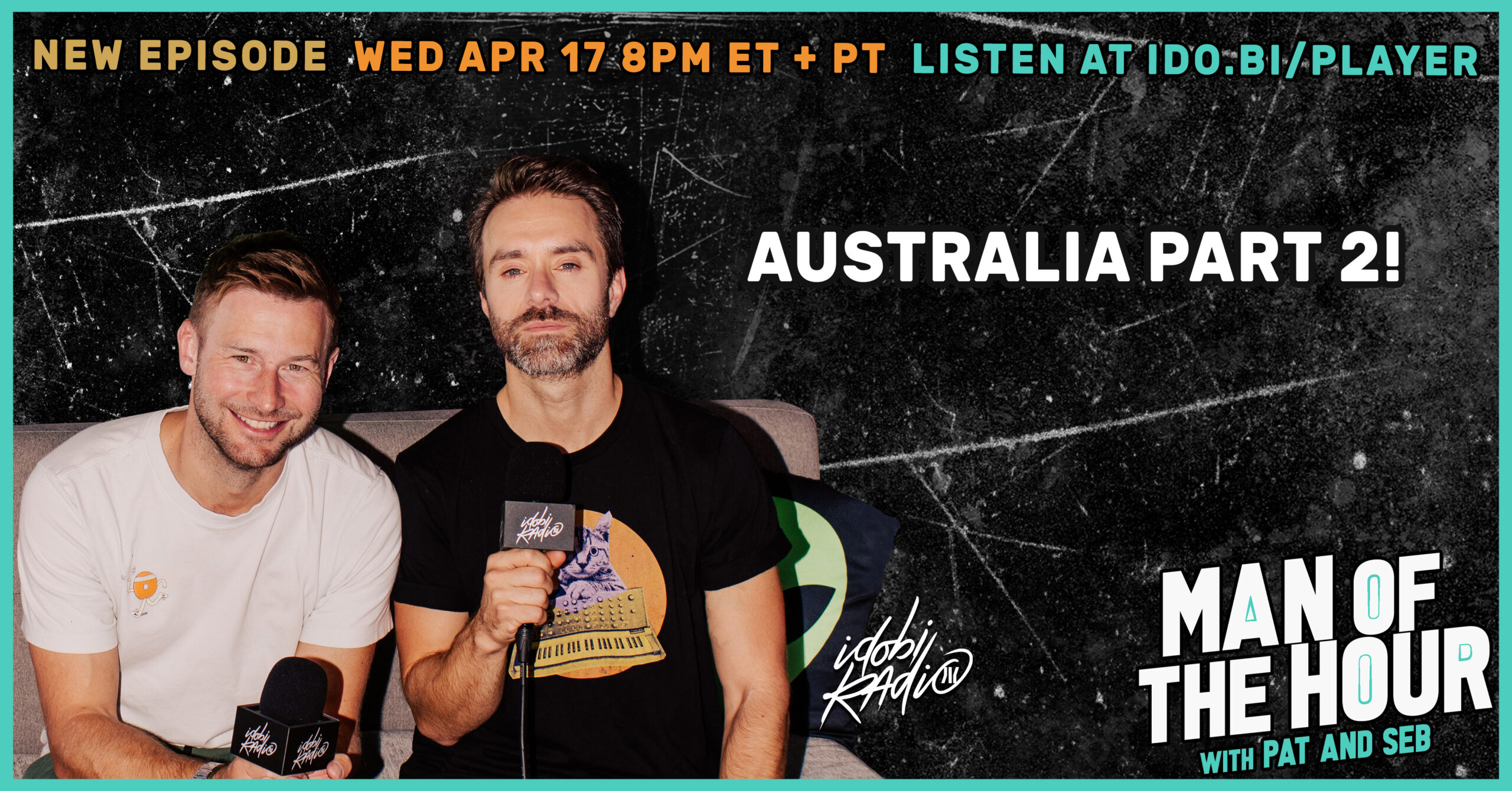The end of 2006 also marks the end of the current congressional session
in the House and Senate, closing the door on the Deleting Online
Predators Act. Let’s take a look at why this legislation, which passed
overwhelmingly in the House this summer, died such a slow death. Those
of you who’ve been following this blog from the get-go are undoubtedly
aware of the Deleting Online Predators Act, or DOPA. But for those of
you who don’t frequent my humble column on a regular basis, here’s the
skinny. DOPA, introduced last May by Rep. Mike Fitzpatrick and a
coalition of suburban Republican representatives, would have required
all schools and libraries that receive federal Internet subsidies to
block youth access to interactive online services, particularly online
social networks and chat rooms. The bill was introduced at the height
of media coverage surrounding MySpace and online predators, inspiring
these members of Congress to get in on the act. According to the proposed legislation, the bill: prohibits
access by minors without parental authorization to a commercial social
networking website or chat room through which minors may easily access
or be presented with obscene or in- decent material; may easily be
subject to unlawful sexual advances, unlawful requests for sexual
favors, or repeated offensive comments of a sexual nature from adults
may easily access other material that is harmful to minors. Many
education bloggers and Internet activists pointed out that the bill was
overly broad, and would have blocked access to entire classes of online
tools, rather than specific sites that had demonstrated a poor track
record in protecting kids. Commercial blogging tools and discussion
boards would have been blocked, whether they were being used
inappropriately or not. And the educational provision for allowing
teachers to unblock useful tools was decried as being insufficient,
based on previous experience by educators who have struggled to unblock
sites automatically blocked by current filtering tools. Nonetheless,
the House passed the bill almost unanimously (410-15), much to the
shock of the bill’s critics who voted against it, who complained that
there was insufficient debate. “So now we are on the floor with a piece
of legislation poorly thought out, with an abundance of surprises,
which carries with it that curious smell of partisanship and panic, but
which is not going to address the problems,” lamented Michigan Democrat
Rep. John Dingell. “This is a piece of legislation which is going to be
notorious for its ineffectiveness and, of course, for its political
benefits to some of the members hereabout.” For a time, it
seemed that DOPA would inevitably reach the president’s desk. Surely
the overwhelming support of the House would be reflected in the Senate,
one might have surmised. But then, something quite unexpected happened:
nothing. With all the criticism being lobbed by the blogosphere and the
media, DOPA found itself among a group of skeptical senators who were
in no rush to pass the legislation. After it passed the House,
influential Senator Patrick Leahy expressed concerns with DOPA, and
media reports suggested he would take a long, hard look at the bill,
effectively slowing it down. Individual senators have greater power
than House members to slow legislative processes, and critics like
Leahy could choose to take advantage of this. Complicating
matters was the Mark Foley scandal. Even though he wasn’t a co-sponsor
of DOPA, Rep. Foley was a close associate of Mike Fitzpatrick, the
congressman who introduced it. The two of them had also drafted another
piece of legislation called the Internet Stopping Adults Facilitating
the Exploitation of Today’s Youth Act, or SAFETY. Though the SAFETY Act
was less controversial than DOPA, its association with Foley probably
didn’t help it when he was caught sending inappropriate emails to House
pages. The bill was never even placed for debate. Suddenly, even
well-meaning online safety bills were seen as hypocritical, making them
a political hot potato as long as the Foley scandal raged. Meanwhile,
Rep. Fitzpatrick was finding himself in a close re-election race back
home, giving him less time to lobby his Senate colleagues in support of
DOPA. It turned out his efforts were futile – Fitzpatrick lost his
re-election bid in November. He wasn’t alone. Three of DOPA’s
co-sponsors – JD Hayworth, Sue Kelly and Curt Weldon – also lost their
re-election bids. But the final nail in DOPA’s coffin came with
the switch of Congress from Republican to Democrat. Legislation that
doesn’t get signed into law by the end of a congressional term has to
start from scratch during the next term. In January, the Democrats will
be in charge of both houses of Congress, and there’s no sign that
they’re going to rush and re-introduce DOPA. Key DOPA critics in the
House and Senate, including Reps Ed Markey, John Dingell and Sen.
Patrick Leahy, will soon be in leadership positions. With the
Republican losses in November, it will be harder for their caucus
members to re-introduce DOPA, especially since Fitzpatrick is gone and
they lacked Democrat co-sponsors in the first place. So it would
seem that DOPA is a done deal. Of course, there’s no way to predict
what’ll happen in the future, but I wouldn’t be surprised if there’s
another surge of media coverage surrounding kids and online safety. The
question is whether the new Democrat leaders of Congress would look at
the resulting public polling data and decide to enact their own
DOPA-like legislation. It’s certainly possible, but given the
leadership roles that’ll be played by members like Markey, Dingell and
Leahy, any new legislation would probably go through a much more
thorough examination than DOPA ever did. -andy
LISTEN LIVE
idobi Radio
pop-punk + alt-rock
Howl
metal + hardcore
Anthm
indie spins





























